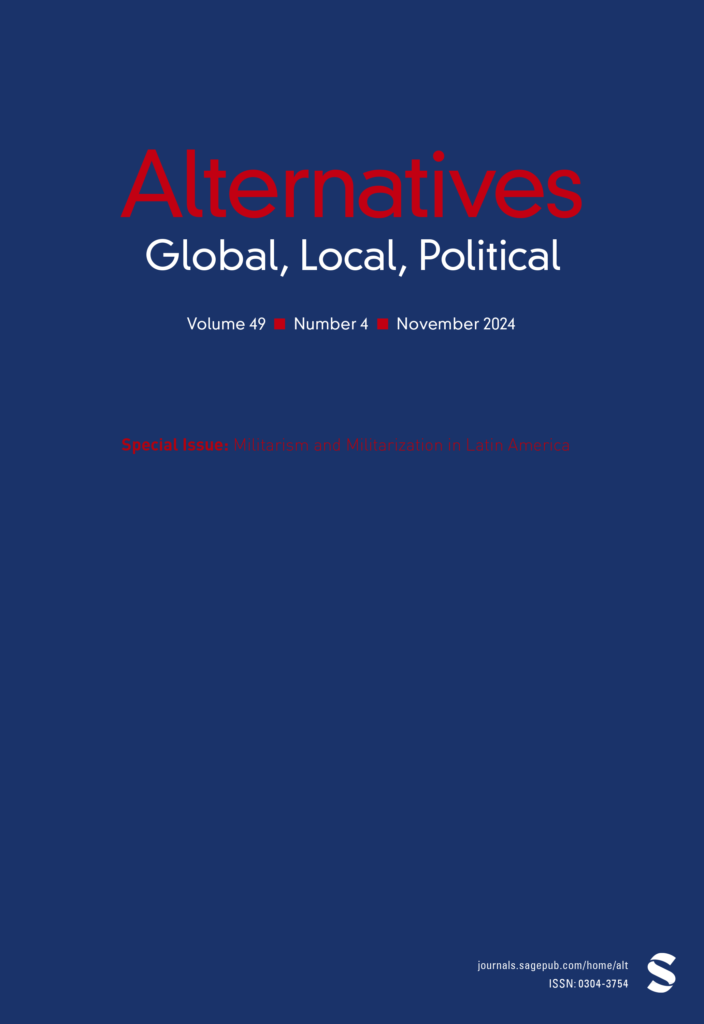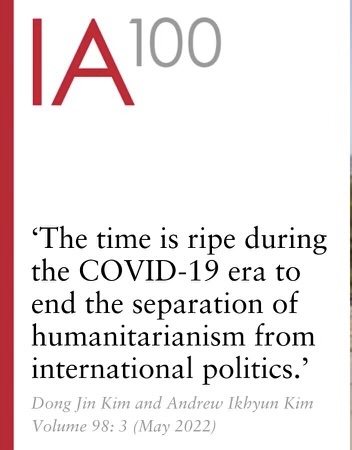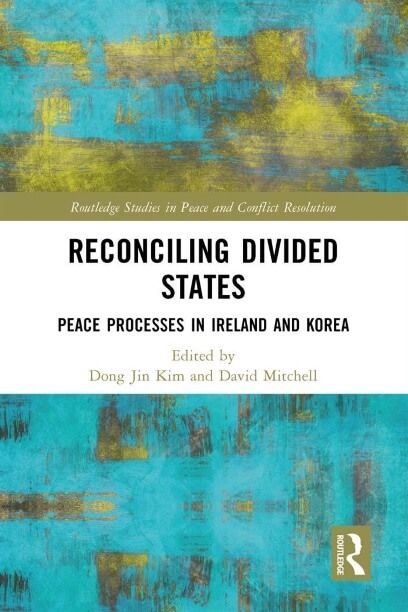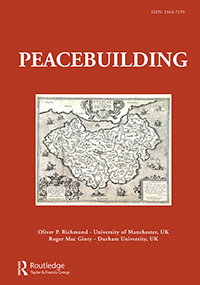One of the capacities of civil society in peace processes is the promotion of peace-oriented attitudes among citizens through peace education. This article investigates how civil society peace education may be enhanced through collaboration with counterparts in another conflict arena. The article begins by discussing the potential and pitfalls of the comparison of peace/conflict contexts. The empirical findings are based on interviews and focus groups with peace educators in Northern Ireland and South Korea who have engaged in dialogue and partnerships with each other, and they indicate perceived benefits and impact of both the comparative learning to the personnel and the partnership to the organisations. The discussion sets out an ideal model of the peace educative impacts of comparative learning and encounter. Overall, the findings show how local-to-local engagements between peace processes can support the civil society contribution to peacebuilding.
The COVID-19 pandemic has exposed increasing global inequality in responding to the issues of health. How do we resolve the tension between normative concerns for global responsibility and strategic concerns for national interest in facilitating health aid to vulnerable populations in low-income countries in the COVID-19 era? This article presents global health diplomacy as a conceptual framework that could overcome the dichotomy of humanitarianism and international politics, using health aid to North Korea during COVID-19 as a case-study. Health is a critical component of human dignity and can be a normative motivation for cooperation beyond sovereign borders. However, health is also an important element of national interest and can be a strategic motivation for transnational cooperation. The overlap between the moral and rational spaces in global health diplomacy demonstrates how COVID-19 assistance to North Korea’s vulnerable population is in the enlightened self-interest of donors to prevent resurgences of new COVID-19 variants. Moreover, this framework imbues all parties, including aid recipients such as North Korea, with the global cooperative responsibility to address health. In this sense, global health diplomacy can reframe the tensions between humanitarianism and politics, morality and rationality, and cosmopolitanism and nationalism, from antithetical to complementary.
Peace Processes in Ireland and Korea
This book offers a distinctive perspective on peace processes by comparatively analysing two cases which have rarely been studied in tandem, Ireland and Korea.
The volume examines and compares Ireland and Korea as two peace/conflict areas. Despite their differences, both places are marked by a number of overlaid states of division: a political border in a geographical unit (an island and a peninsula); an antagonistic relationship within the population of those territories; an international relationship recovering from past asymmetry and colonialism; and divisions within the main groupings over how to address these relationships. Written by academics and practitioners from Europe and East Asia, and guided by the concepts of peacebuilding and reconciliation, the chapters assess peace efforts at all levels, from the elite to grassroot organisations. Topics discussed include: historical parallels; modern debates over the legacy of the past; contemporary constitutional and security issues; civil society peacebuilding in relation to faith, sport, and women’s activism; and the role of economic assistance. The book brings Ireland and Korea into a rich dialogue which highlights the successes and shortcomings of both peace processes
This book will be of interest to students of Peace and Conflict Studies, Irish Politics, Korean Politics, and International Relations.
This article contributes to the growing body of scholarship on sport’s peacebuilding capacity by comparing the role of sport in two peace processes, Northern Ireland and Korea. Uniquely, the analysis is guided by the concept of strategic peacebuilding which goes beyond the much-criticised liberal peacebuilding ‘toolkit’ and emphasises the importance of coordinated action at all levels and by many types of actor. The empirical sections examine the peacebuilding roles of sport at state level – in relation to elite sport, symbolism and diplomacy – and at grassroots level, particularly people-to-people projects. The article shows how and why sport has been able to play certain peacebuilding roles in each case, as well as the constraints on sport placed by structural characteristics of the peace processes. The article argues that the sporting domain can make interdependent peacebuilding inputs at each peacebuilding level, and thus has a distinct potential as a dimension of strategic peacebuilding.




